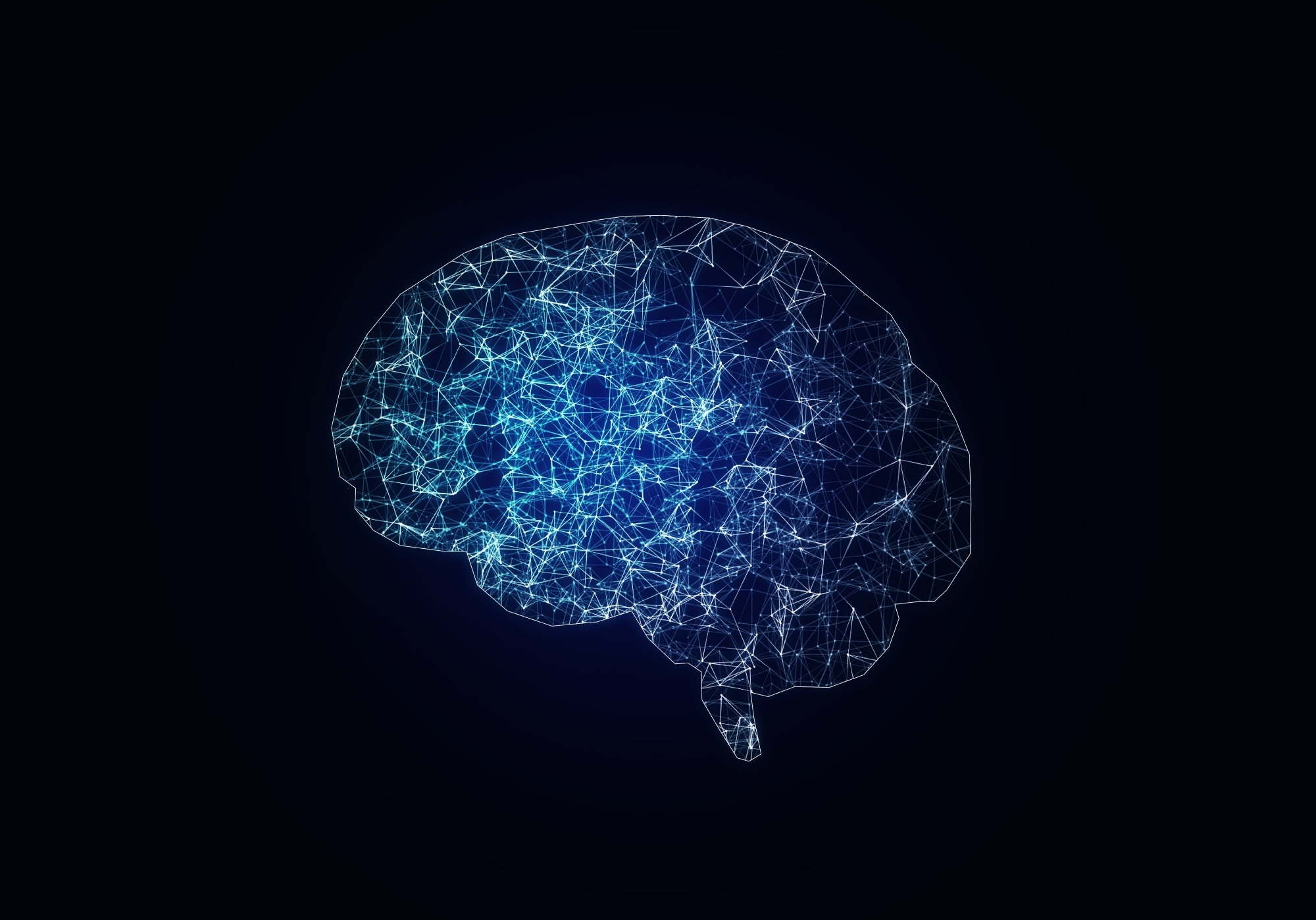Subjective cognitive decline (SCD) is a preclinical stage of Alzheimer’s disease (AD), during which patients notice a change in cognitive performance. However, this change cannot be identified in neuropsychological tests.
 Study: Multidimensional assessment of time perception along the continuum of Alzheimer’s Disease and evidence of alterations in subjective cognitive decline. Image Credit: Sergey Nivens / Shutterstock.com
Study: Multidimensional assessment of time perception along the continuum of Alzheimer’s Disease and evidence of alterations in subjective cognitive decline. Image Credit: Sergey Nivens / Shutterstock.com
Background
Time perception is thought to be based on an internal clock or pacemaker-accumulator that emits pulses. The experience of time has been assessed through various methods, including questionnaires and tasks to estimate the date of public events.
The healthy aging process is associated with dissociations between temporal prediction tasks, tasks that require explicit duration judgments and assessing the representation of time implicitly.
However, during the early stages of AD, like mild cognitive impairment (MCI), changes in time perception occur. Patients are unaware of time and orientation and, as a result, are unable to locate events in the correct chronological order. In MCI, few studies have analyzed time perception, with the findings from these studies often inconclusive about changes in time perception in MCI and AD.
About the study
The researchers hypothesized the existence of precise alterations in the preclinical and prodromal stages of AD. To this end, the researchers assumed that internally based learning (IBL) and externally cued learning (ECL) could differentially impact the progression of AD. Alterations in retrospective time processing could occur in individuals with SCD, which is connected with a reduction in their memory skills.
There is a possibility that both explicit and implicit timing could differentially influence the progression of healthy aging and AD. The current study assessed explicit prospective timing based on production and reproduction paradigms and estimation of duration.
A total of 16 patients with SCD, 17 with MCI, 13 with AD, and 17 healthy controls (HC) participated in the study. The diagnosis of each participant was based on clinical guidelines from the National Institute on Aging-Alzheimer’s Association workgroups (NIA-AA). These individuals performed an array of tasks testing various dimensions of processing time and duration.
All study participants were between 55 and 86 years of age. Individuals with a history of psychiatric comorbidities, cerebrovascular disease, repeated head trauma, or severe central nervous system infections within the last five years were excluded. Furthermore, patients under antipsychotic drugs and benzodiazepines were not considered for the study.
Study findings
The current study utilized the Bouncy ball task, a novel method to assess IBL and ECL conditions. A correlation between time-processing tasks and neuropsychological test scores was established.
Similar performance was observed on the two conditions of the Bouncy ball task for the HC and MCI groups. However, the performance of AD patients was worse in ECL as compared to IBL, which could be due to distinct temporal lobes atrophy present in these patients.
The experimental results indicated that cognitive decline does not influence implicit time processing in tasks that require internally-based timing (IBT). This may be attributed to IBT being supported by a striato-thalamo-cortical network, which is linked with motor and premotor, prefrontal, and insula regions.
Performance in ECL was positively correlated with long-term memory and executive functioning test scores. Since this correlation was more prominent for ECL, IBL may impose low cognitive demands. Consistent with previous research, the current study observed that implicit time processing could be differentially impacted by dementia, as it has specific task demands.
Compared to other test groups, the performance of AD patients was associated with higher absolute errors in duration estimation, production, and reproduction. Interestingly, no altered performance was observed in MCI patients.
Central tendency measures in MCI were between HC-SCD and AD patients. However, a larger-scale study is required to determine the exact impact of different clinical features of MCI patients that impact their performance in prospective timing tasks.
Compared to the control group, all test groups exhibited higher errors in retrospective duration estimation. Previous studies have shown that time estimations rely on the retrieval of contextual changes linked with event sequences and that these events are encoded in medial temporal lobes.
Consistent with previous reports, the current study observed that hippocampal atrophy is an essential pathological hallmark associated with alterations in retrospective duration processing with AD progressions.
Importantly, all test groups overestimated durations. Public events that occurred in the last year or during the last five years were better collocated in time as compared to those that occurred more than five years ago. Compared to other groups, AD patients exhibited greater difficulty ascertaining events with time that occurred more than five years ago.
Conclusions
The current study presents new insights into alterations in temporal processing along the continuum of AD. In the future, a systematic assessment is needed to determine the neuropsychological variables on different dimensions of temporal processing during AD progression and in patients with MCI.
The study findings provide important insights into the specific changes that occur in the temporal processing of SCD, which could be an early marker of future cognitive decline.
Journal reference:
- Teghil, A., Boccia, M., Di Vita, A., et al. (2023) Multidimensional assessment of time perception along the continuum of Alzheimer’s Disease and evidence of alterations in subjective cognitive decline. Scientific Reports 13(1); 1-19. doi:10.1038/s41598-023-49222-x